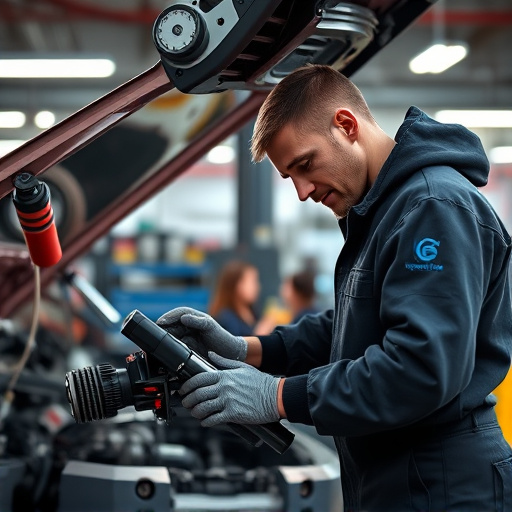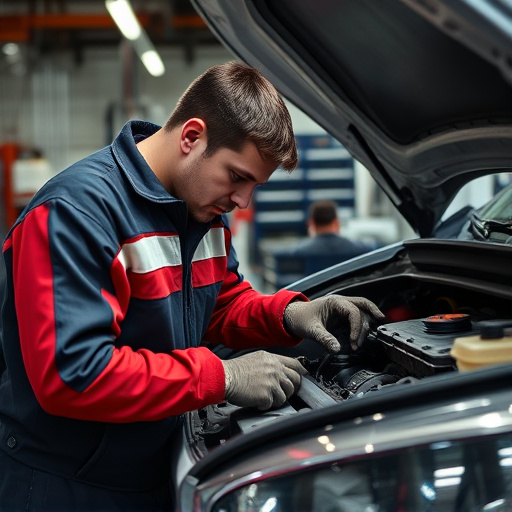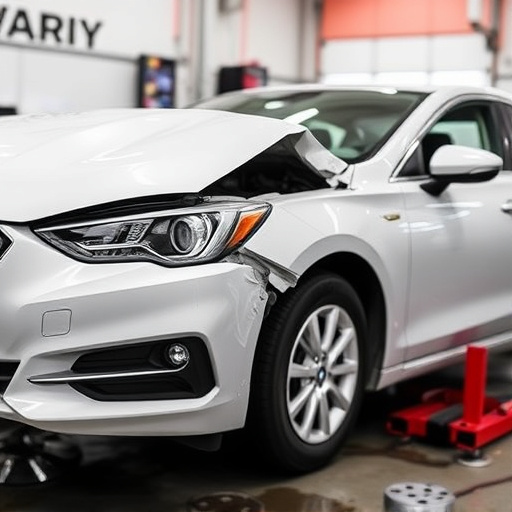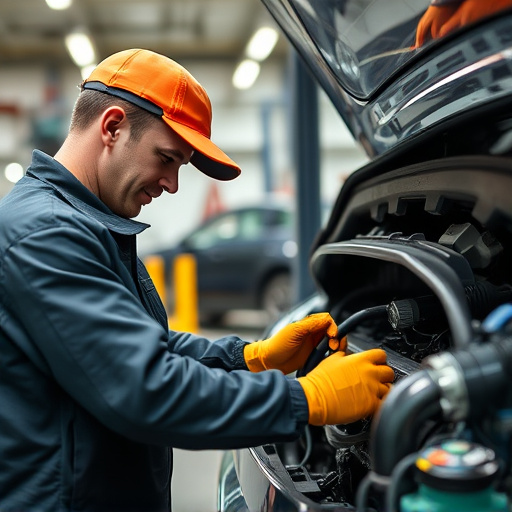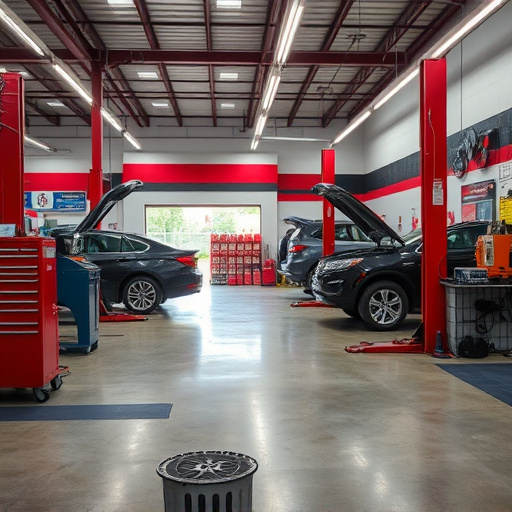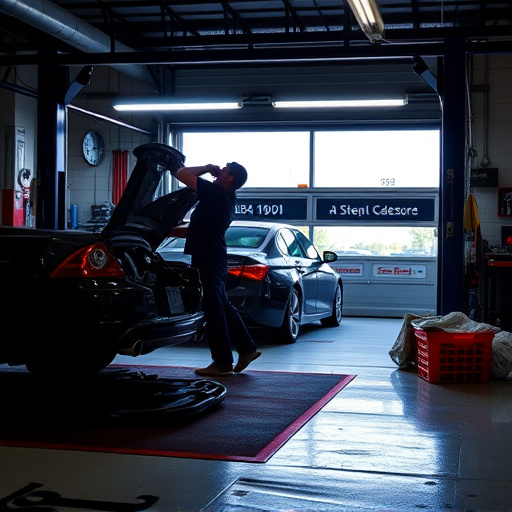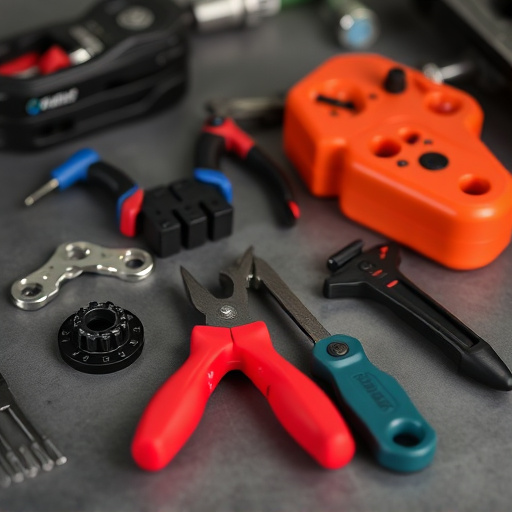Solar-powered body shops offer a sustainable solution by utilizing renewable energy, significantly reducing carbon emissions and operational costs compared to conventional auto repair facilities. They avoid energy-intensive processes associated with fossil fuels, appealing to eco-conscious consumers seeking greener alternatives for car bodywork services. By harnessing solar panels, these shops minimize their environmental impact, particularly through lowering greenhouse gas emissions like CO2, while also benefiting from lower operating expenses.
Discover how a solar-powered body shop leads the way in sustainable business practices. This innovative approach significantly reduces its carbon footprint and energy consumption, outperforming traditional shops that rely heavily on fossil fuels. By harnessing the sun’s power, these eco-conscious establishments minimize greenhouse gas emissions and waste, fostering a circular economy.
Beyond energy savings, solar-powered body shops positively impact local communities with reduced air pollution, water conservation, and enhanced biodiversity, proving that beauty businesses can thrive while preserving our planet.
- Reduced Carbon Footprint and Energy Consumption
- – Overview of traditional body shop's energy usage
- – How solar power reduces greenhouse gas emissions
Reduced Carbon Footprint and Energy Consumption

One of the most significant advantages of a solar-powered body shop is its profound impact on reducing the environmental footprint. By harnessing the power of the sun, this innovative business model significantly lowers both carbon emissions and energy consumption compared to traditional auto repair shops. The adoption of solar energy as a primary power source results in a substantial decrease in greenhouse gas releases into the atmosphere.
This green approach extends beyond electricity generation; it also applies to various services offered by the body shop. For instance, rather than relying on fossil fuels for vehicle repair services or tire services like many auto repair shops, a solar-powered facility can minimize its energy-intensive operations, further contributing to sustainability and environmental conservation.
– Overview of traditional body shop's energy usage

Traditional body shops are known for their high energy consumption due to various processes that require significant power. From running heavy machinery for auto body repair and frame straightening, to using heated ovens for paint drying, and powering numerous tools and lights, these establishments have a substantial carbon footprint. The energy usage is further exacerbated by the constant need for heating or cooling spaces to maintain optimal working conditions, especially in regions with extreme climates. This not only contributes to greenhouse gas emissions but also results in higher operational costs, often passed on to customers as part of the service fees for car bodywork services.
A solar-powered body shop presents a significant shift in this energy landscape. By harnessing the power of the sun, these innovative businesses can reduce their reliance on traditional energy sources, thereby minimizing environmental impact. Solar panels installed on rooftops or open spaces capture sunlight and convert it into electricity, powering various operations within the shop. This sustainable approach not only helps lower operating costs but also positions the body shop as an eco-friendly option for customers seeking environmentally conscious car bodywork services.
– How solar power reduces greenhouse gas emissions

The transition to solar power for a body shop offers a significant advantage in reducing its environmental footprint, particularly regarding greenhouse gas emissions. Traditional vehicle body shops often rely heavily on electricity and fossil fuels for their operations, contributing to carbon dioxide (CO2) emissions that drive climate change. By harnessing the energy from the sun, a solar-powered body shop can substantially decrease these emissions.
Solar panels installed on rooftops or in open areas capture sunlight and convert it into electricity through photovoltaic cells. This renewable energy source powers various shop operations, including lighting, heating, and even heavy machinery used in auto dent repair or vehicle body repairs. By eliminating or significantly reducing the need for conventional energy sources, this green approach not only lowers operating costs but also minimizes the carbon footprint typically associated with a vehicle body shop or auto dent repair centers.
A solar-powered body shop offers a sustainable future for the industry, significantly reducing its environmental impact. By harnessing the sun’s energy, these businesses can decrease carbon footprints and energy consumption, contributing to a greener planet. This innovative approach not only benefits the environment but also serves as an example of how renewable resources can power everyday operations, paving the way for a more eco-conscious society.
